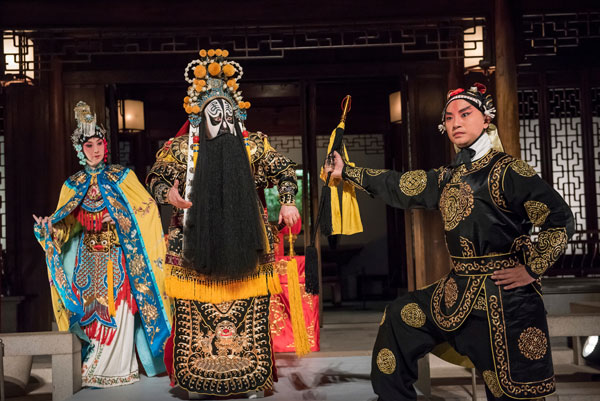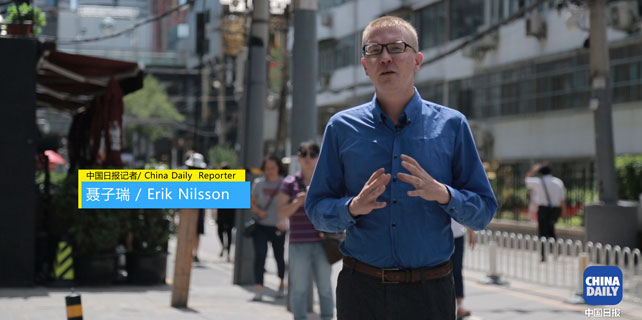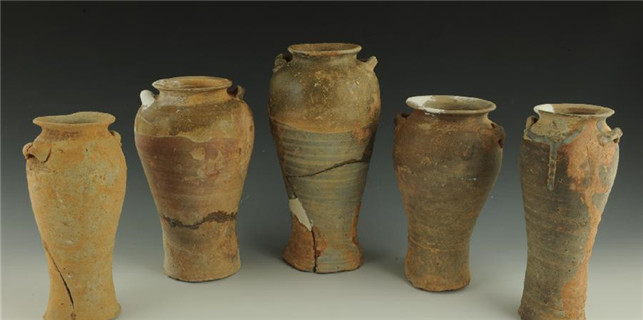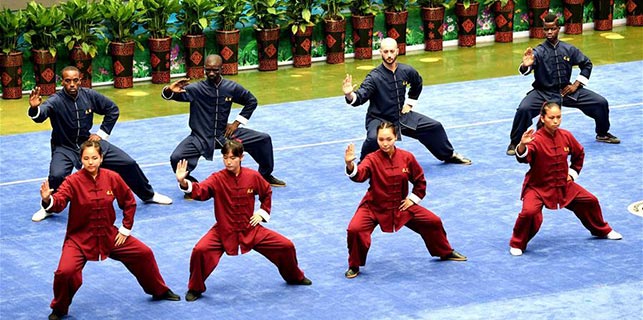Peking Opera rocks the Met - museum, that is
 |
|
A dress rehearsal of the Peking Opera Farewell My Concubine takes place at the Metropolitan Museum of Art in New York on Thursday night. STEPHANIE BERGER / FOR CHINA DAILY |
The Peking Opera Farewell My Concubine debuted at the China Garden of the Metropolitan Museum of Art in New York on Friday.
The opera was first introduced to international audiences through the 1993 movie of the same name by director Chen Kaige. The movie, which explored the lives of individuals and families of mid-20th century China, won international fame.
"I had seen Chen Kaige's film Farewell My Concubine, so I always wanted to see this performance," said Stephen Harvey, a scholar of Egyptian archaeology, after the performance. "I love it, I think it's fantastic."
The story is set in 202 BC, four yeas after the fall of the Qin Dynasty, and Xiang Yu, the King of Western Chu, is battling with rebel leader Liu Bang, founder of the Han Dynasty, for control of the empire.
The setting is King Xiang's tent the night before his final battle. With his troops hopelessly outnumbered and surrounded by Liu's army, the king hears Liu's troops singing Western Chu melodies in the distance, suggesting his homeland has already been subjugated.
Seeing the king is in deep despair, his concubine Yu Ji sings and performs a sword dance to cheer him up. Fearful of being a burden to the king before the climactic battle, Yu commits suicide with the king's sword after completing her performance.
"It's interesting because they [operas] usually take place around the glamour of victories, of triumphs, not defeats. What's amazing about this opera is it glorifies the suffering and the defeat, but it's so human," said Nitza Nachmias, a professor from Towson University, after watching the debut.
As a classic Peking opera, Farewell My Concubine combines theater, dance, song, instrumental music and acrobatics. The piece was performed in the museum's Astor Chinese Garden Court, which is styled after a 17th-century Chinese scholar's garden.
"The highlight should be the sword dance," said Harvey. "It's so beautiful to watch her dancing with the swords, and then you know that she is going to kill herself in the end; it has a lot of dramatic power, and the music is beautiful. And it's so beautiful to see it in the Chinese court."
"Different from the stage version or film version, this is a 'garden/court' version, which I believe has a special charm," said director Sherwood Hu.
Hu said that Chinese opera was performed in gardens in the earliest of times, "so here we just bring the Peking opera back to its origin".
"And this piece of opera is performed after the great exhibition Age of Empires: Chinese Art of the Qin and Han Dynasties (221 BC - AD 220). The histories collided here; I think the performance is like a perfect ending for the exhibition," Hu added.
Presented by the Shanghai Peking Opera Company, the performance features two of China's most noted Peking Opera artists - Shi Yihong and Shang Changrong. Twelve performances will be presented through Sept 24.
Zhang Ruinan in New York contributed to this story.
xiaohong@chinadailyusa.com
















